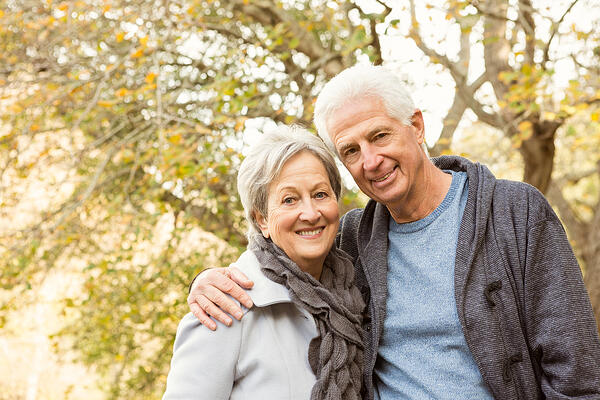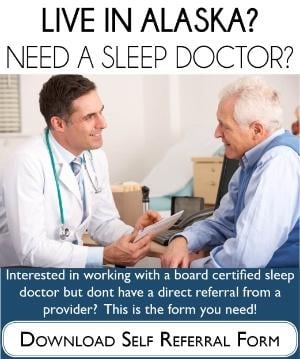
Lack of sleep not only affects our performance and mood, but it can also have a negative impact on our longevity. Find out how getting better sleep can help you live longer, and what you can do to get some zzzs, even when life is challenging.
It lowers your risks of developing cardiovascular disease
Heart disease is the leading cause of death among men and women in the United States, and more than 650,000 Americans die from heart problems every year. A good diet and healthy lifestyle choices can help to lower your risks of developing cardiovascular disease, but did you know that getting at least seven to eight hours of deep sleep every night can also help to keep heart problems at bay?
In a study which took place over 10 years, it was shown that there was an increased risk of hypertension and coronary disease in subjects who had five or fewer hours of sleep. To increase life expectancy and prevent heart disease, stick to a sleep schedule, and make sure to go to bed at around the same time every night. You should also set a specific time for waking up every morning to improve your sleeping schedule.
It strengthens your immune system
Lack of sleep not only affects the way you feel the next day; it can also have a negative impact on your immune system and make you vulnerable to sickness and viruses. Taking vitamins and supplements, as well as adopting good hygiene habits, can help to keep you well, but getting enough sleep should also be a priority if you want to boost your immunity and live a longer, healthier life.
A German study has shown that a good night’s sleep can improve the body’s immune cells known as T cells. These cells fight off flu, HIV, and cancer cells, among others, and the research revealed that at least seven hours of sleep may improve the function of T cells. To get better sleep quality, create an environment that’s conducive to sleeping, and turn off gadgets and devices at least an hour before going to sleep.
Getting enough sleep can help you live a longer life. Aim to get at least seven to eight hours of sleep every night – it’s the key to having better health throughout your golden years.
No matter your age, getting a handle on your sleep problems will lead to a healthier and happier life. Call Alaska Sleep Clinic today @ 907-420-0540 for your free sleep assessment.









